News & blogs
Read the latest news from our charity and explore blogs from our team.
If you are a journalist with a media enquiry, please contact Jenny, our Head of Marketing, Communications & Income, on jenny@blind.org.uk.
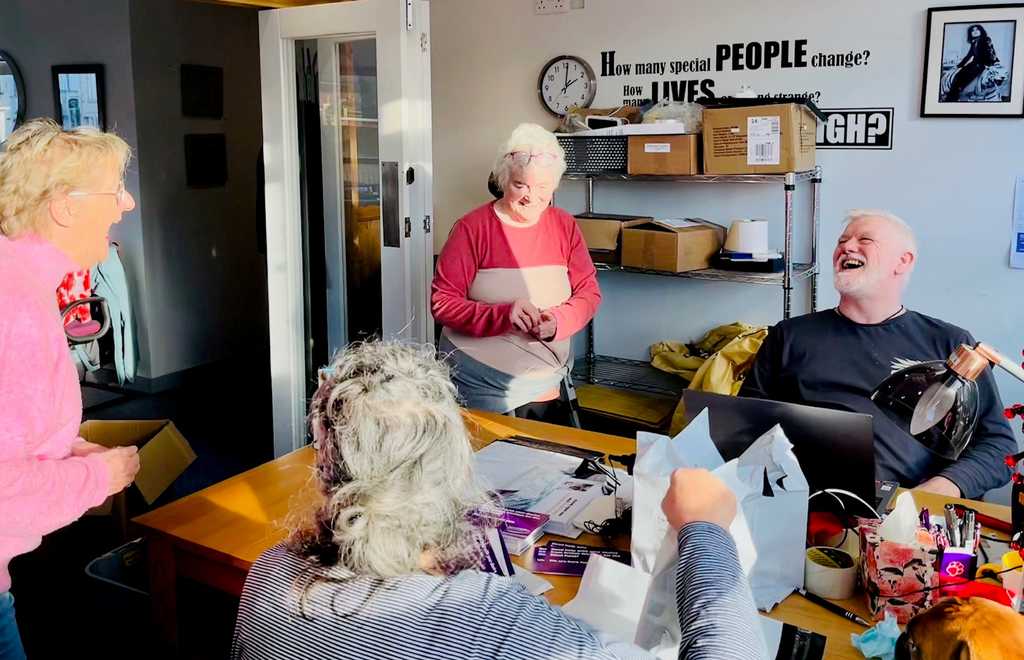
Our volunteers: a local effort with a national impact
From our small hub on Scotland's West Coast, our volunteers are bringing the joy of sound to people with sight loss all over the UK.
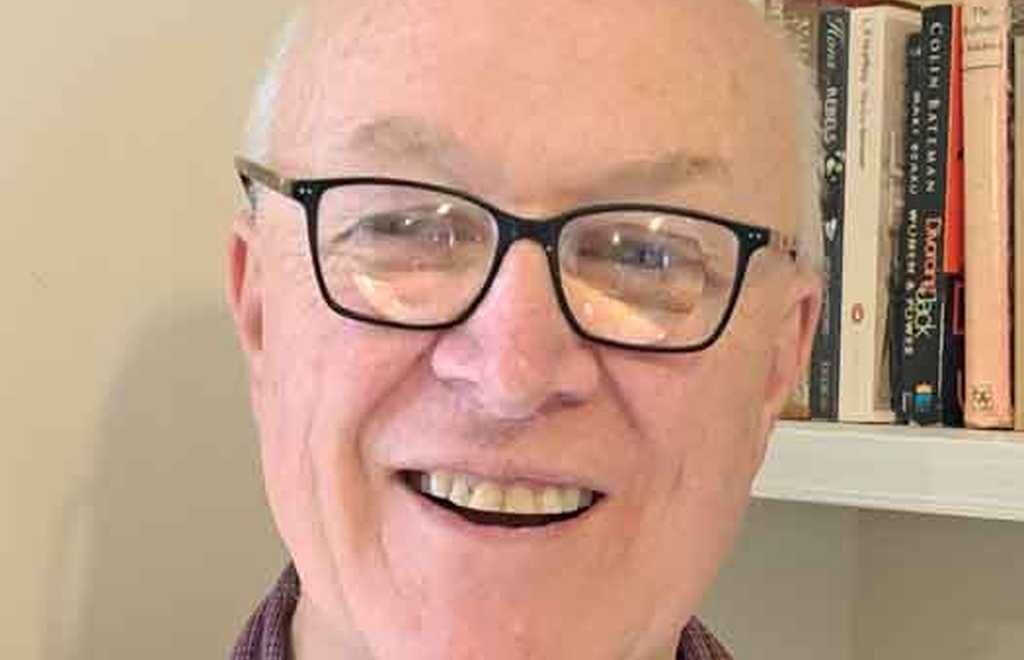
Meet our new Trustee: former broadcaster John Beesley
Radio broadcaster and producer John Beesley joins British Wireless for the Blind Fund as our newest member of our Board of Trustees.
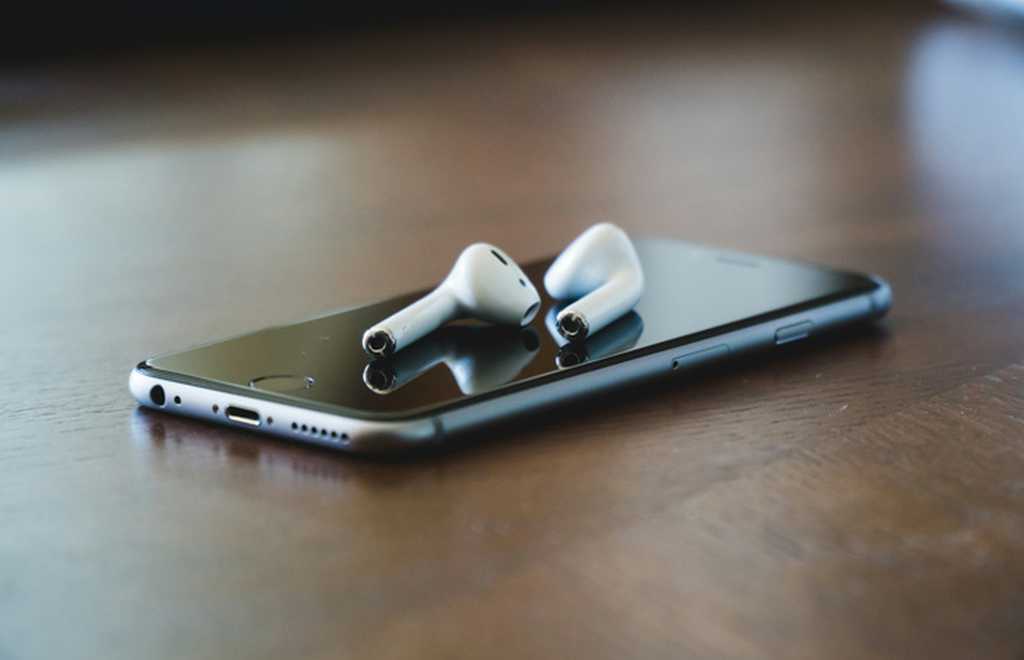
Six ways to listen to the radio online
Our run down of some of the most popular online radio streaming services, what they offer and how you can get started.
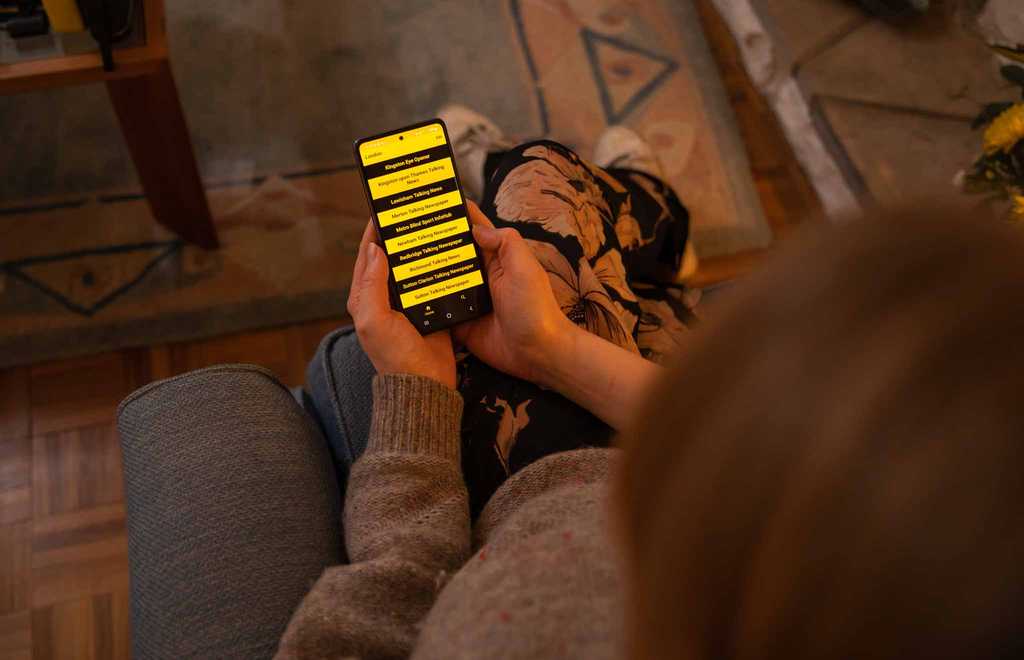
TNF to adopt Speech Talking Newspaper service
BWBF and TNF have reached an agreement to continue the Speech Talking Newspaper Alexa Skill and upload service under TNF's care.
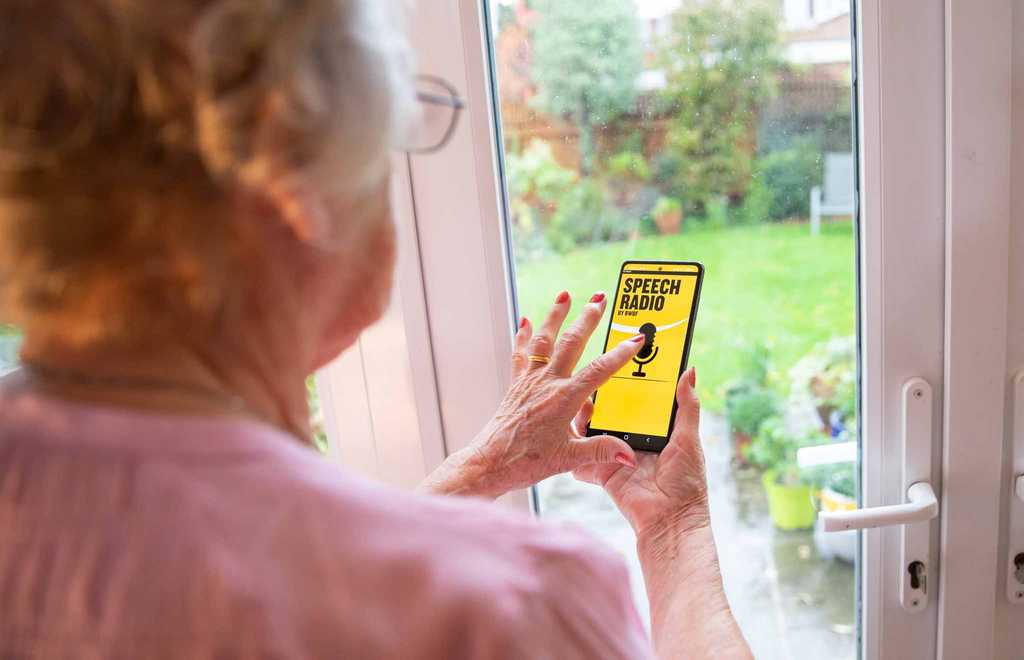
A statement on the future of our apps and skill
Following a thorough review or our digital services, we have made the decision to stop delivering our Speech Radio and Speech Talking Newspaper app and …

Share your views to shape the future of our services
We're inviting anyone living with sight loss or supporting someone who lives with sight loss to have their say in the future of our services.

Breaking barriers: a conversation with Mike Brace
We sat down with our chair Mike Brace CBE DL to ask him his life journey, passions, and the role of technology in his life.

Launching a new website for our community
Welcome to our new website. We hope that you feel welcome and included here.

A new direction: my reflections on a year as CEO
Sophie shares reflections on the charity's journey - adapting to technology, building partnerships and digital transformations.